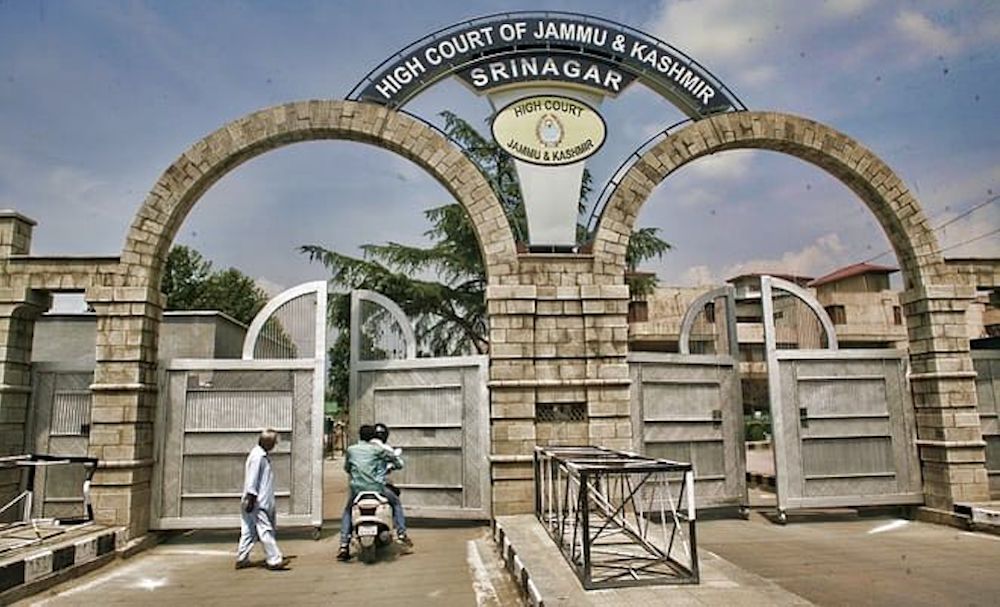Shivani Pandey-
The Jammu & Kashmir High Court has stated that in the absence of any preconceptions for the accused or indicated failure of justice, omission to record his statement under Section 242 of CrPC cannot be held to be lethal for the trial.
Justice Sanjeev Kumar noted that omission to record the statement of accused under Section 242 of the CrPc during trial is a “mere irregularity”, curable under Section 537 of the CrPc unless such irregularity has occasioned a failure of justice.
The Court stated, “The petitioner has not been able to demonstrate as to how omission by the trial Court to record his statement under Section 242 of the Code has occasioned any failure of justice or that the failure of the trial court to record his statement under Section 242 of the Code has caused any prejudice to him.”
The petitioner is an accused in a complaint filed by the respondent under Section 138 of the Negotiable Instruments Act, 1881.
When the time came for final disposal after both sides have presented their evidence it was discovered that the trail statement of the accused under section 242 of The Code of Criminal Procedure had not been recorded.
The trial court held that the statement of the accused could still be recorded before the matter is taken up for final consideration, accordingly, fixed the complaint about recording the statement of the accused-petitioner.
Attacking the above order and the following order of revision court having the same opinion, the petitioner reached the High Court.
The Court stated, “It is true that recording of statement under Section 242 of the Code is an important aspect of trial in summons cases and it provides an opportunity to the trial Court to terminate the proceedings at its inception, if accused admits that he has committed the offence of which he is accused. However, where the accused does not admit the accusation, the trial Court shall proceed and hear the complainant and take all such evidence, as may be produced in support of the prosecution. The trial Court shall also hear the accused and take all such evidence as he produces in his defence.”
The Court discussed the maxim “‘actus curiae neminemgravabit”, meaning that “the act of Court shall prejudice no one”, and dismissed the revision plea.
Also Read: Law Ministry issues orders for new Nomenclature of Jammu & Kashmir High Court

